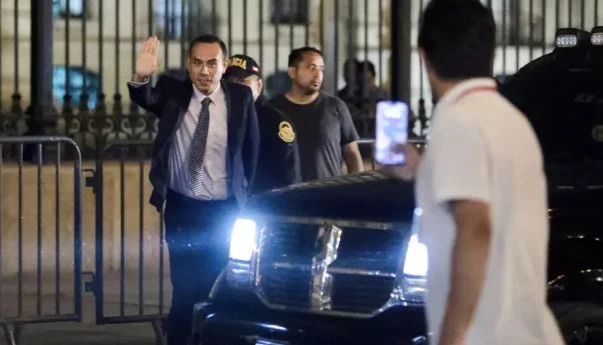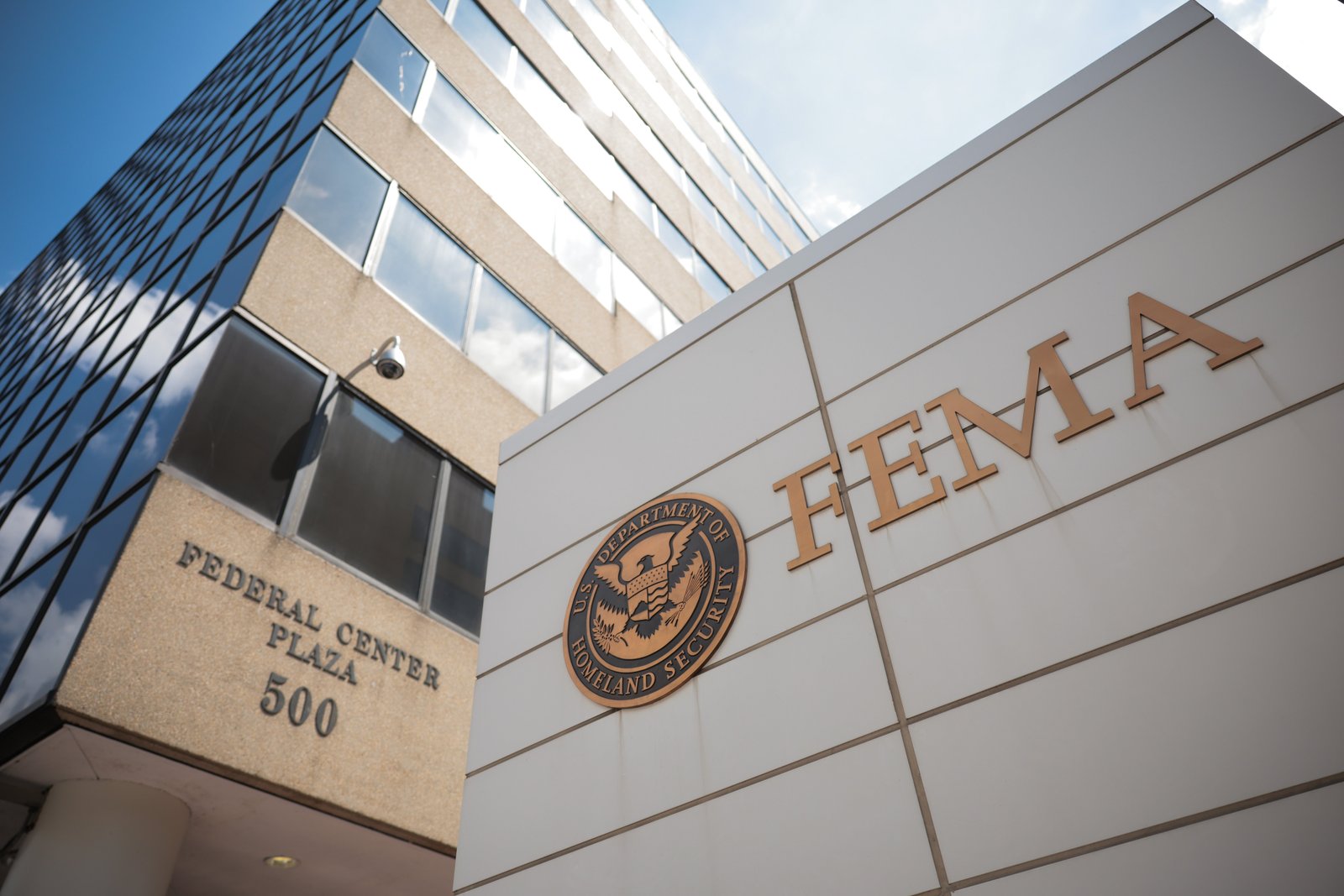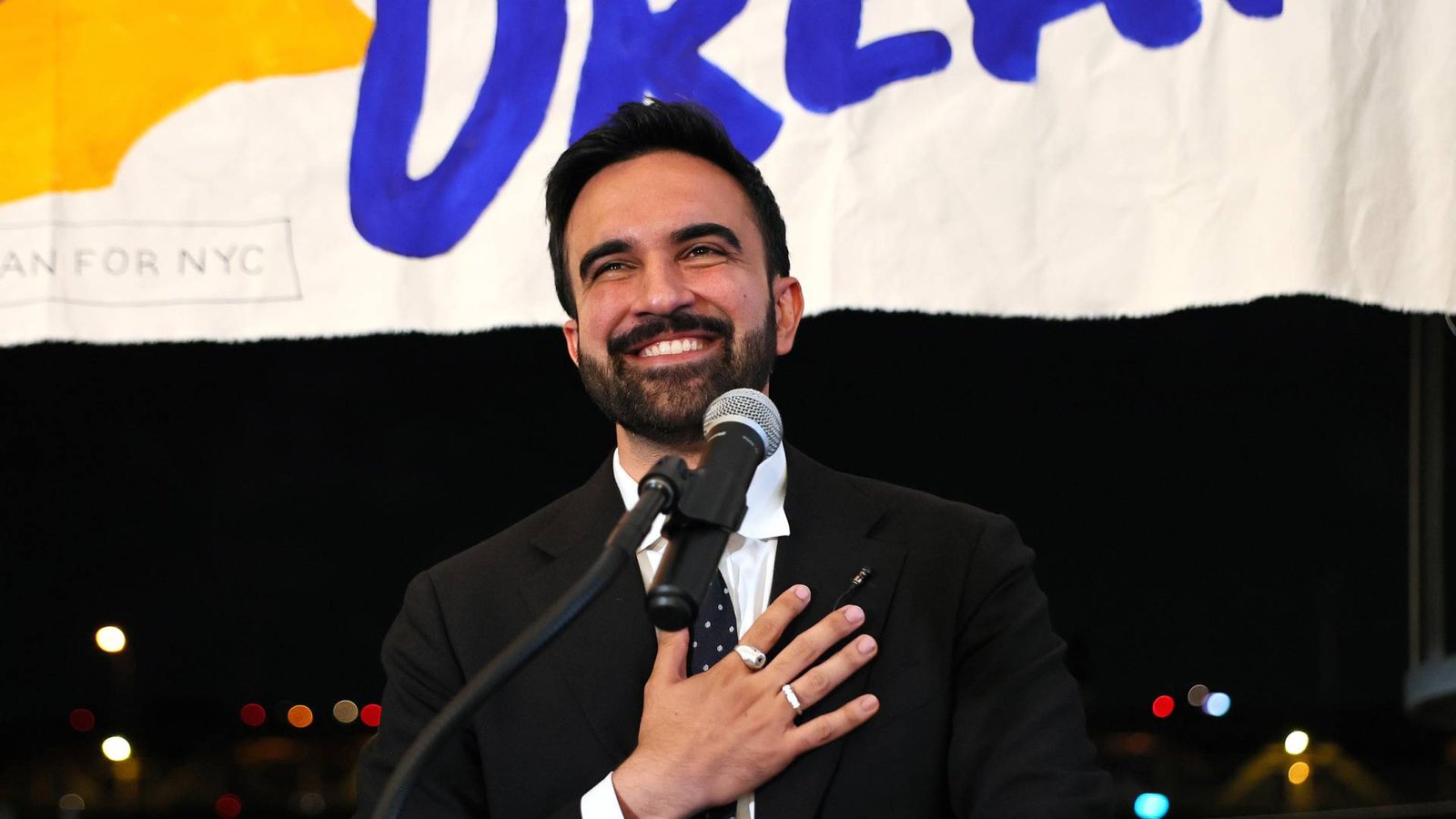Vice President JD Vance delivered a deeply personal message at the memorial for conservative activist Charlie Kirk on Sunday, linking his faith with his political future. Speaking to tens of thousands gathered in Glendale, Arizona, Vance admitted he once felt uneasy about discussing religion but said recent events had changed him.
“I have talked more about Jesus Christ in the past two weeks than in my entire time in public life,” he told the crowd, which responded with standing applause. His remarks underscored the central theme of the service, which highlighted Kirk’s Christian beliefs. They also carried political weight, as Vance increasingly positions himself for a presidential run in 2028.
Kirk, founder of a conservative youth movement, was shot dead earlier this month while speaking at a Utah university. His memorial blended religious revival with political rally, attracting national leaders including former President Donald Trump. Trump called Kirk a “martyr” and embraced Erika Kirk, the activist’s widow, but it was Vance who used the event to deepen ties with evangelical Christians.
The 41-year-old vice president has already emerged as a key figure in Republican politics. A former Ohio senator and author of Hillbilly Elegy, Vance entered the Senate in 2023 and became Trump’s running mate soon after. He has since taken charge of mobilizing Kirk’s vast online network, Turning Point USA, and has sought to inherit Kirk’s role as a bridge to young conservative voters.
Vance’s actions since Kirk’s death have been both personal and political. He escorted the casket from Utah to Arizona aboard Air Force Two and hosted Kirk’s podcast from his ceremonial office. He also demanded public accountability for those celebrating the murder, telling listeners, “Call their employer.” While these moves showed loyalty to a friend, they also reinforced his image as Kirk’s natural successor.
Observers see Vance’s approach as ambitious. His allies describe him as blending Trump’s populism with his own emphasis on faith and cultural battles. Critics, including Kamala Harris in her book 107 Days, call him a political shape-shifter. But polling suggests his strategy is working. A June 2025 Emerson College survey placed him far ahead in a hypothetical 2028 Republican primary, with 46 percent support compared to Marco Rubio’s 12 percent and Ron DeSantis’s 9 percent.
Vance has also positioned himself at the center of Republican fundraising. In March, he became finance chair of the Republican National Committee, an unusual role for a sitting vice president. The position gives him access to major donors and strengthens his influence over the party’s future.
On policy, Vance has staked out firm ground. He opposes deep U.S. involvement in Ukraine and stresses economic nationalism at home. His online presence mirrors Kirk’s combative style, often sparking debates with critics. When accused of glorifying violence in a social media post about drug cartels, he dismissed the criticism bluntly, showing a willingness to embrace controversy.
At the memorial, Vance spoke in traditional political tones while grounding his remarks in scripture. He referenced God repeatedly, calling Jesus Christ “the king of kings” and citing biblical imagery of “the full armor of God.” Dressed in a red tie, blue suit, and white shirt that mirrored Trump’s style, he spoke beneath the presidential seal, projecting an image of readiness for the Oval Office.
For many in the crowd, Vance’s message was both tribute and campaign preview. His ability to weave Kirk’s legacy with his own ambitions demonstrated his political instincts. With Trump nearing the end of his tenure, Vance’s moves suggest he is ready to inherit not only Kirk’s base but also Trump’s coalition.
Commentators warn that his rhetoric could prove even more hard-edged than Trump’s. “If you think things are bad, they can possibly get worse,” said political analyst Charlie Sykes, noting Vance’s willingness to push boundaries.
For now, Vance’s focus remains on honoring Kirk’s life and faith. But Sunday’s performance made clear that the JD Vance 2028 campaign is already in motion, rooted in religion, nationalism, and a strategy to energize the next generation of conservative voters.







